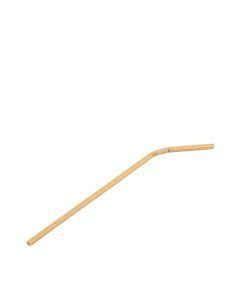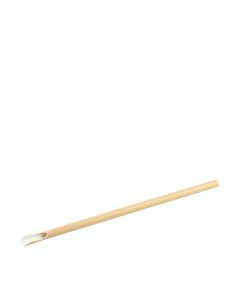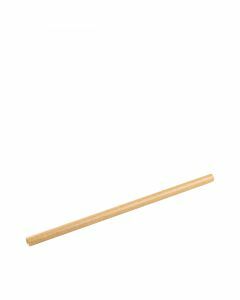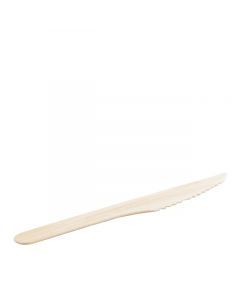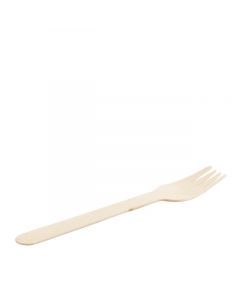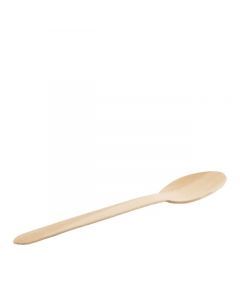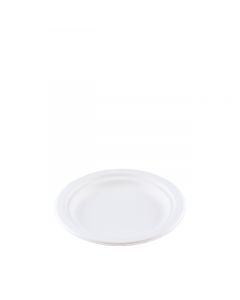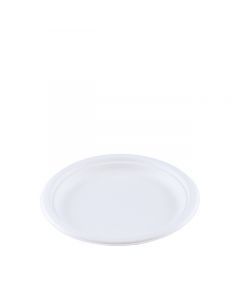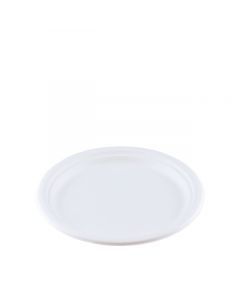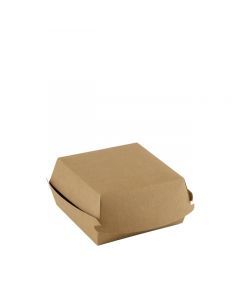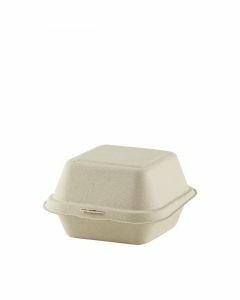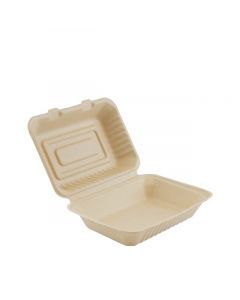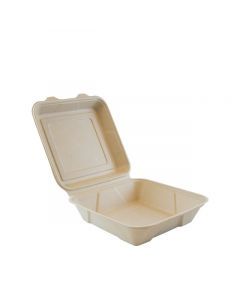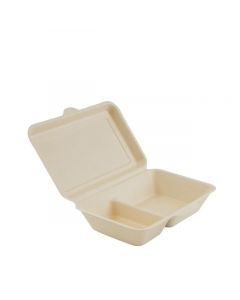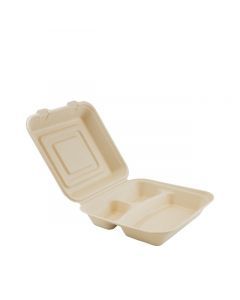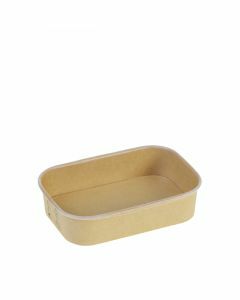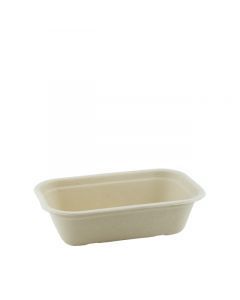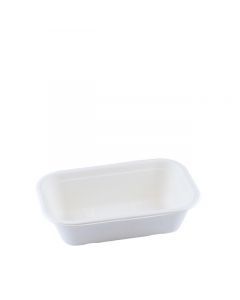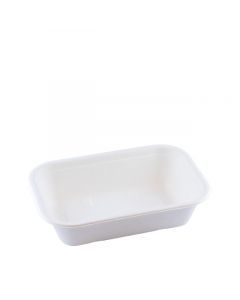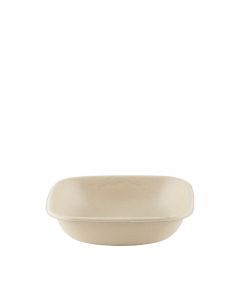Last updated: 26-04-2022
Plastic waste in the ocean, the plastic soup, is an international problem. That is why the European Union wants to reduce the use of single-use plastics. The EU have made a guideline: the European Single Use Plastic (SUP) guideline. The Dutch government also wants to reduce plastic waste, using the so-called SUP legislation.
Which products are forbidden by this Single Use Plastic guideline?
Single-use products which consist partly or fully of plastic are forbidden. The provisions in the regulation relate to 'single-use plastic products' as defined in the 'Single-Use Plastic Products Decree'. This means that all single-use drinking cups, beverage packaging, food packaging, bags, cigarette filters and more that are made partly or fully from plastics are covered by the provisions. Paper laminates or other (natural) materials are also subject to the provisions if plastic is used therein, for example in the form of a plastic coating for a water- and greaseproof effect or in the case that plastics ae used as a binder to bind fibers of other materials to keep together. Products made of biodegradable plastics, such as PLA, are also covered by the provisions.
A selection of our SUP-proof range that can be used to comply with the new regulation is shown below.
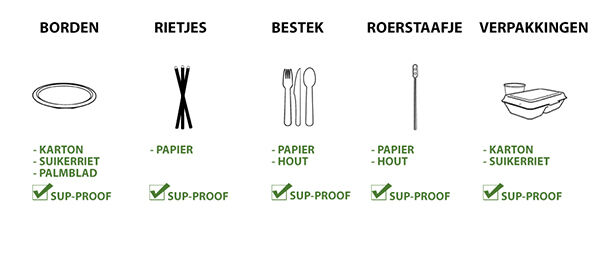
What does this Single Use Plastic guideline mean for you?
As of July 3 2021, the SUP-directive will come into effect, prohibiting the use of certain types of plastic disposable tableware. In terms this means that the following products may no longer be sold:- single use plastic products such as cutlery, plates, straws and stirrers
- polystyrene foam (EPS) food and drink packaging, which can be used for direct use
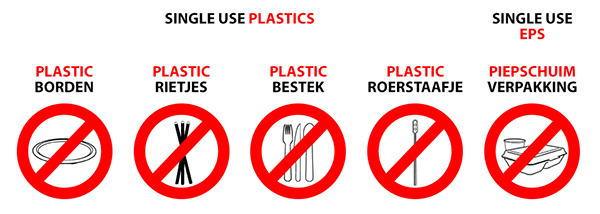
From 3 july 2021, there will also be a marking obligation for all plastic cups and cardboard cups with a (bio) plastic coating. The marking symbol draws the consumer's attention to the fact that the cup contains plastic and must not become litter. Below you can find the applicable symbol:
Rules and legislation of disposable items for delivery and direct consumption.
New rules for disposable items as of July 1, 2023
New rules for disposable plastic as of January 1, 2024
Exceptions to the rules regarding the SUP-directive
Which products are covered in this regulation?
Which packaging is allowed?
Many of our products are already plastic-free and are not covered by the regulation. We are happy to help you and make the decision to switch to sustainable disposables that comply with the SUP guideline.
The SUP legislation stimulates the development of plastic-free disposables. As a leader in sustainable disposables and packaging, we already offer a lot of plastic-free packaging. Examples of plastic-free materials are sugarcane, cardboard and palmleaf. So do you want to be 100% sure that your products will still be used after this new law? Contact us to choose the right product.




